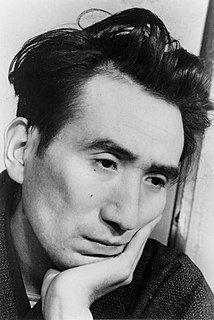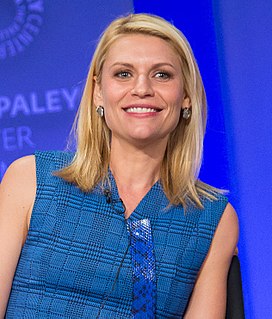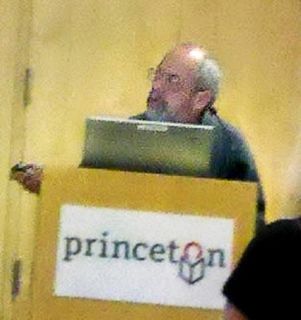A Quote by Richard Gere
I think that as human beings we tend to compartmentalize, and we have a selective morality based on the situation we're in.
Quote Topics
Related Quotes
Modernity is a desert, and we are jungle monkeys. And so new evolutionary selective pressures are coming to bear upon the human situation, new ideas are coming to the fore. Psilocybin is a selective filter for this. The wish to go to space is a selective filter for this. Just the wish to know your own mind is a selective filter for this.
What sort of power is it that really and truly renders the deity present? Human beings automatically think of God as someone who possesses and wields power. Jesus forces people to consider whether that deeply rooted conviction is true or not. In historical terms it is readily apparent that power, left to its own inertial tendencies, tends to be oppressive in fact. So it cannot be the ultimate meditation of God, though human beings might tend to think so
And people who believe in God think God has put human beings on earth because they think human beings are the best animal, but human beings are just an animal and they will evolve into another animal, and that animal will be cleverer and it will put human beings into a zoo, like we put chimpanzees and gorillas into a zoo. Or human beings will all catch a disease and die out or they will make too much pollution and kill themselves, and then there will only be insects in the world and they will be the best animal.
Perhaps one of the most important things you can do for human beings is wean them off an animal-based diet. It hardens the arteries and runs up our health-care costs. The last thing a poor person can afford is a heart attack or cancer or a stroke. And that's all linked to a meat-based diet. I think animal liberation is human liberation.
No, I don't think you're ever an objective observer. By making a frame you're being selective, then you edit the pictures you want published and you're being selective again. You develop a point of view that you want to express. You try to go into a situation with an open mind, but then you form an opinion, and you express it in your photographs.
I understand that artists and critics make a big deal over the Grammys. But when I go to my shows and I'm selling out arenas in London, and when I'm in Australia and Japan, there aren't any Grammys there. There are human beings who I've touched. There are human beings who are inspired by me, who I love dearly. And that's what my career is based on.
A growing body of social science research reveals that atheists, and non-religious people in general, are far from the unsavory beings many assume them to be. On basic questions of morality and human decency - issues such as governmental use of torture, the death penalty, punitive hitting of children, racism, sexism, homophobia, anti-Semitism, environmental degradation or human rights - the irreligious tend to be more ethical than their religious peers, particularly compared with those who describe themselves as very religious.




































